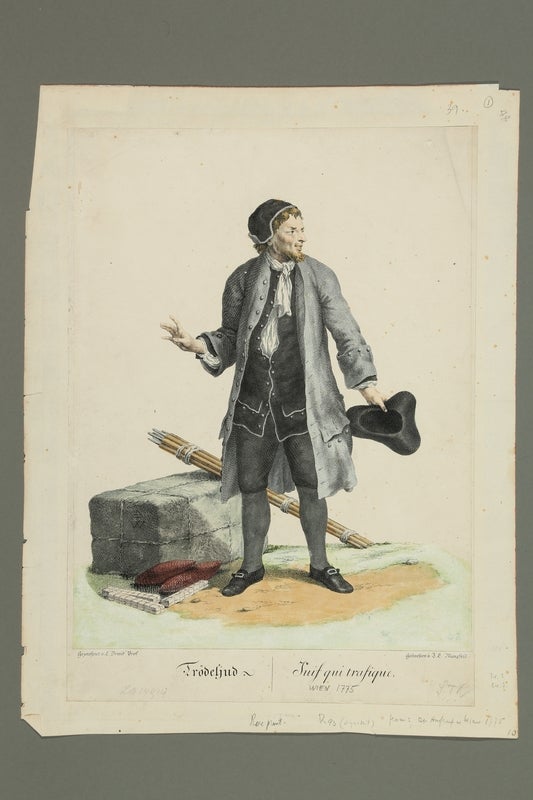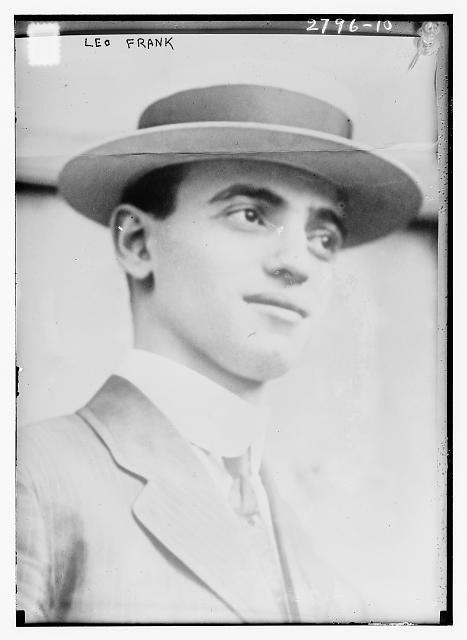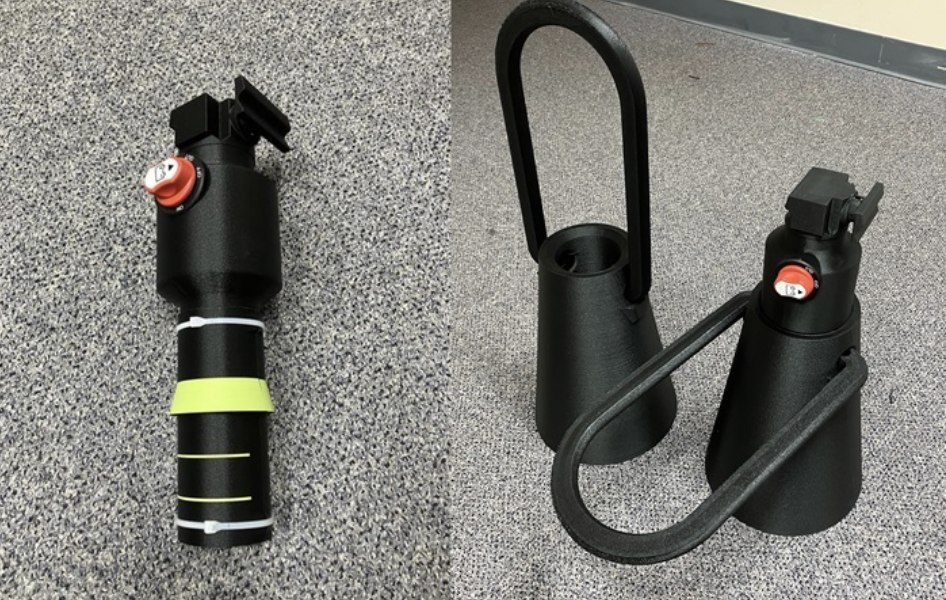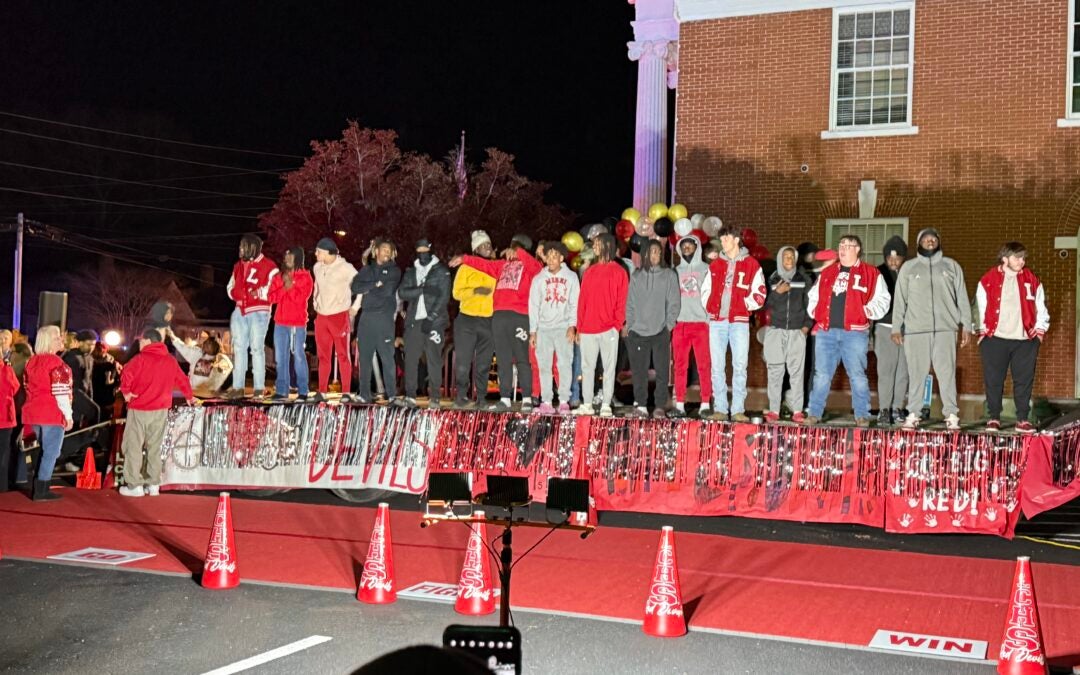It may be easy for some in the CSRA to look at the events going on overseas in Israel and think that what they are witnessing is a far-away conflict, in a faraway land among foreigners and it has no impact on what goes on in the CSRA.
Jewish people have played a significant role in our communities of Augusta and Aiken for centuries. In fact, Jewish people have contributed greatly to the local economy, the arts and have been a major force in the push for American civil rights.
The first Jewish family documented to migrate to Augusta was the Hendricks family in 1802, and they originally immigrated to Charleston from Europe. According to the Encyclopedia of Southern Jewish Communities, Charleston had the largest Jewish community in the United States at the time.

Over time, more and more families would settle in the CSRA, primarily in downtown Augusta, downtown Aiken and, later, what was then known as Hamburg, which is now North Augusta.
During the mid-to-late 19th Century, antisemitic laws of Eastern Europe and Russia drove even more immigration to the United States.
Augusta’s first synagogue, which is now the Jewish Museum on Telfair Street, was built in 1869.
Nelson Danish’s family migrated in the 1880s and he says his great-grandfather, H.L. Polier practiced the peddling trade, which was an important trade at the time.
“Back then, you couldn’t just go to the store miles and miles away, so the peddlers would bring samples and then deliver the goods to the customers,” Danish said.
Jewish peddlers were so important that toll fees were dropped for the peddlers using the bridge connecting Augusta to Hamburg.
As both Aiken and Augusta grew and transportation became more reliable, the peddlers switched over to selling retail.
According to Steve Silver, president of the Adath Yeshurun Synagogue, Jewish-owned shops took up most of Laurens Street in Aiken and some of those businesses became iconic.
“Julia’s Dress Shop opened in the 1920s and sold clothing until the 1990s. When Aiken was a winter colony for the Northern wealthy, people would drive from all over the state to go to Julia’s because they were known for selling the finest materials,” Silver said.
Over in Augusta, the Ruben family opened Ruben’s Department Store in 1898, which serves customers to this day. According to Danish, much the entire 900 block of Broad Street on both sides was once entirely made up of Jewish owned businesses.
The Weinberger family has sold furniture in Augusta for almost 100 years and Milton Ruben’s name still hangs over automobile sales dealerships.
Jewish people of the late 19th Century and early 20th Century also got politically active, with Jewish people holding city council seats and running for mayor. Sheriff Isaac Levy served faithfully in the mid-1860s during the Civil War, according to the Augusta Jewish Museum. Levy was responsible for keeping the city of Augusta together as refugees flooded in when the war waned and the Confederacy crumbled.
Levy also lost two sons, both of whom had been conscripted, drafted that is, into the war.
Many Jews came to support the early populist movement, led in Georgia by Tom Watson. The populists, at first, were for temperance and racial reconciliation, until Watson went off the rails and began to align with the Ku Klux Klan.

According to the late Augusta Historian, Ed Cashin, in his book, “The Story Of Augusta,” David Slusky was a prominent businessman in Augusta who made ornate metalwork on buildings, many of which can still be seen downtown, was an early friend and supporter of Watson.
However, the lynching of Leo Frank in 1915 would change all of that and help bring down the Populist party.
Watson’s Jeffersonian Magazine, according to the New Georgia Encyclopedia, fanned the flames of antisemitism that led to the lynching of Frank, a Jewish factory supervisor falsely accused of murdering a 13-year-old factory worker.
Because of Watson’s tirades, he lost the support of both Jews and Christians alike.
After the death of Frank, even stronger ties began to form between the African-American and Jewish communities in the CSRA.
“I believe there was always a lot of mutual respect there, as we both have been marginalized communities historically,” Silver said.
One local man who would become a nationally renowned civil rights advocate, Isadore “Shad” Polier, hailed from Aiken. Polier, who had a brilliant legal mind, became a Harvard educated attorney and became a leader in the National Association for the Advancement of Colored People.

In 1931, Polier filed briefs on behalf of the “Scottsboro Boys,” three young Black Alabama men accused by three White hobos of raping two White girls, According to the New York Times, Polier’s briefs would gain the case national attention.
Later, Polier would become friends with Martin Luther King Jr. and was standing next to the civil rights icon as he delivered his “I have a Dream Speech” on the steps of the Lincoln Memorial.
Jewish people have also had a tremendous impact on the local arts community.
Frankie Levy, a dancer trained in classical Russian ballet, formed the Georgia Dance Theatre in Augusta in 1968 and ran the ballet company for well over a decade. Levy, who passed away at age 90, remains a revered figure in the Augusta dance community.
Army soldier turned thespian Steve Walpert formed the Fort Gordon Dinner Theatre in 1978, and the theater continues to put out professional plays even after Walpert officially retired.

The theater company that has by far seen the largest audiences in Augusta is the former Storyland Theatre, created by Barbara Feldman. Storyland, during its 35 year run, played to over 750,000 school children, about 70% of whom came from disadvantaged homes.
“I cherish my heritage, I am proud to be Jewish and I proudly wear my Star of David,” Feldman said.
Now that DNA and genealogy tracking has become popular, many people who always thought of themselves as Gentiles are learning that they actually have Jewish blood in their veins.
I am one of those people.
Several of my cousins began a genealogical project and we discovered that a sizable chunk of our family originates from New York City, and all of those ancestors were East European Jews. So, while I may not practice the religion of Judaism, I am, myself, part Jew.
…And that is something you may not have known.
Shalom ya’ll!
Scott Hudson is the Senior Investigative Reporter and Editorial Page Editor for The Augusta Press. Reach him at scott@theaugustapress.com













